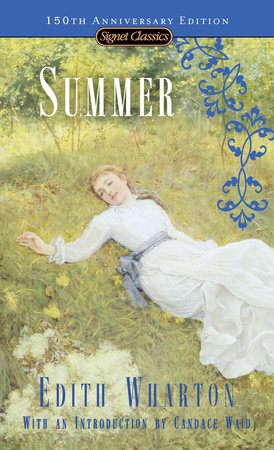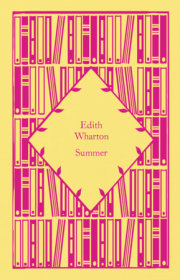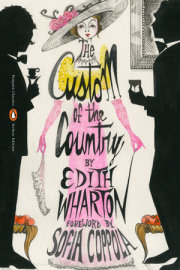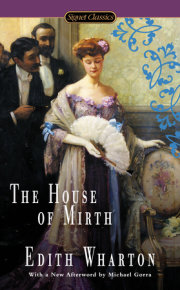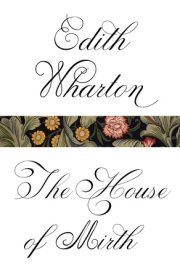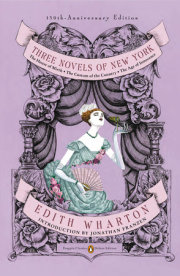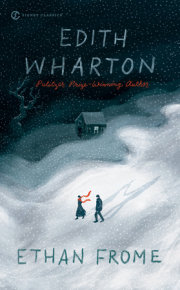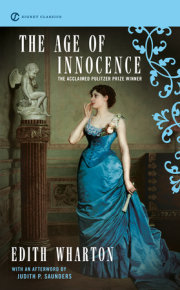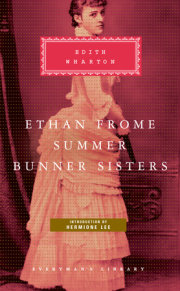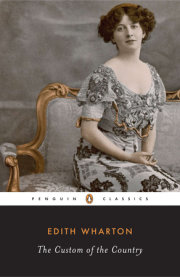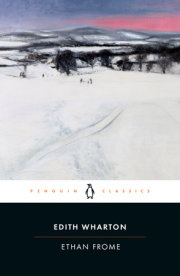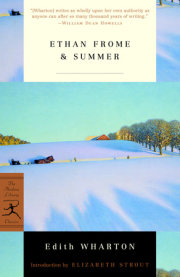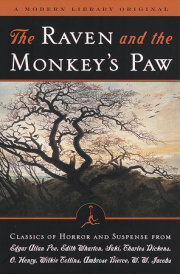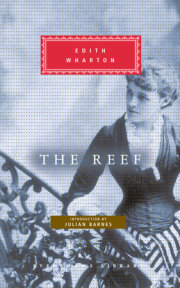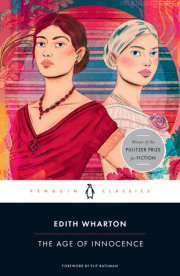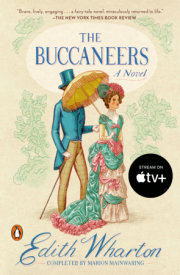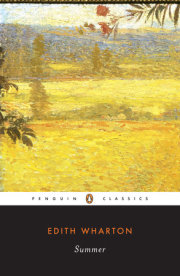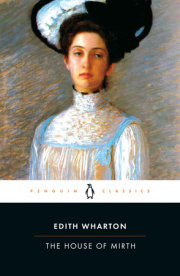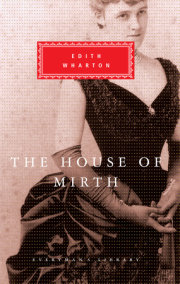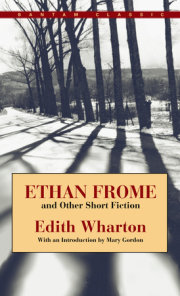The upper stratum of New York society into which
Edith Wharton was born in 1862 provided her with an abundance of material as a novelist but did not encourage her growth as an artist. Educated by tutors and governesses, she was raised for only one career: marriage. But her marriage, in 1885, to Edward Wharton was an emotional disappointment, if not a disaster. She suffered the first of a series of nervous breakdowns in 1894. In spite of the strain of her marriage, or perhaps because of it, she began to write fiction and published her first story in 1889.
Her first published book was a guide to interior decorating, but this was followed by several novels and story collections. They were written while the Whartons lived in Newport and New York, traveled in Europe, and built their grand home, the Mount, in Lenox, Massachusetts. In Europe, she met Henry James, who became her good friend, traveling companion, and the sternest but most careful critic of her fiction.
The House of Mirth (1905) was both a resounding critical success and a bestseller, as was
Ethan Frome (1911). In 1913 the Whartons were divorced, and Edith took up permanent residence in France.
Her subject, however, remained America, especially the moneyed New York of her youth. Her great satiric novel,
The Custom of the Country was published in 1913 and
The Age of Innocence won her the Pulitzer Prize in 1921.
In her later years, she enjoyed the admiration of a new generation of writers, including Sinclair Lewis and F. Scott Fitzgerald. In all, she wrote some 30 books, including an autobiography,
A Backward Glance (1934). She died at her villa near Paris in 1937.
View titles by Edith Wharton

